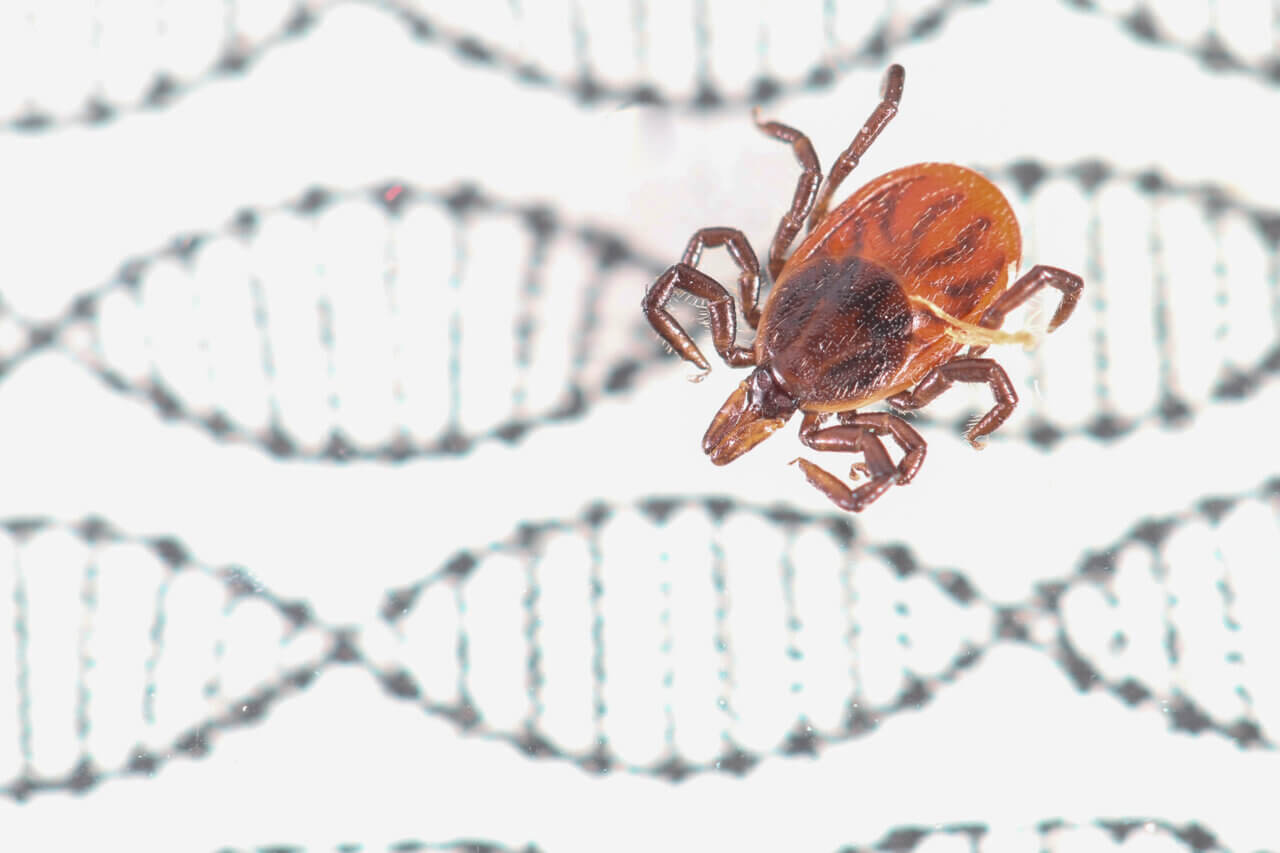GLP podcast: Oops — heirloom seed company markets GM tomato; Anti-biotech movement in retreat; Bill Gates does more harm than good?
Update: 2024-03-13
Description
An heirloom seed company that prides itself on selling GMO-free products mistakenly put a genetically engineered tomato on the cover of its 2024 catalog. The anti-GMO movement appears to be in permanent retreat. Is the end of the "frakenfood" scare close? Bill Gates and other billionaire philanthropists do a lot of good around the world, but their critics say this generosity has a dark side.
Podcast:
Join hosts Dr. Liza Dunn and GLP contributor Cameron English on episode 257 of Science Facts and Fallacies as they break down these latest news stories:
* Viewpoint: Non-GMO seed company mistakenly listed a seed in its catalogue that had a similar name to a genetically-modified tomato — prompting a bizarre tirade against “Big Ag”
Heirloom seed company Baker Creek put a purple-fleshed tomato on the cover of its 2024 catalog—only to later discover that it is almost certainly genetically engineered. That's according to Norfolk Healthy Produce, which recently commercialized its bioengineered, high-antioxidant Purple Tomato. Norfolk says the "remarkable similarity" between the two plant varieties spurred laboratory testing which "supports the fact that the only reported way to produce a purple-fleshed tomato rich in anthocyanin antioxidants is with Norfolk's patented technology." The discovery provoked an angry Facebook post from Baker Creek and raised some awkward questions about marketing GMO-free seeds.
* Five reasons why the anti-biotech movement is in retreat
The anti-GMO movement was a cultural force to be reckoned with a decade ago, launching dozens of GMO labeling campaigns across the US and drawing thousands of people to "march against Monsanto" protests in major cities. Today, though, the one-powerful anti-biotech campaign appears to be in retreat as it loses critical regulatory battles in Europe and public interest in its cause wanes. What led to this development? Let's examine five possible explanations for why anti-GMO activism fell by the wayside.
Follow the latest news and policy debates on sustainable agriculture, biomedicine, and other ‘disruptive’ innovations. Subscribe to our newsletter.
SIGN UP
* Viewpoint: Causing more harm than good?
Podcast:
Join hosts Dr. Liza Dunn and GLP contributor Cameron English on episode 257 of Science Facts and Fallacies as they break down these latest news stories:
* Viewpoint: Non-GMO seed company mistakenly listed a seed in its catalogue that had a similar name to a genetically-modified tomato — prompting a bizarre tirade against “Big Ag”
Heirloom seed company Baker Creek put a purple-fleshed tomato on the cover of its 2024 catalog—only to later discover that it is almost certainly genetically engineered. That's according to Norfolk Healthy Produce, which recently commercialized its bioengineered, high-antioxidant Purple Tomato. Norfolk says the "remarkable similarity" between the two plant varieties spurred laboratory testing which "supports the fact that the only reported way to produce a purple-fleshed tomato rich in anthocyanin antioxidants is with Norfolk's patented technology." The discovery provoked an angry Facebook post from Baker Creek and raised some awkward questions about marketing GMO-free seeds.
* Five reasons why the anti-biotech movement is in retreat
The anti-GMO movement was a cultural force to be reckoned with a decade ago, launching dozens of GMO labeling campaigns across the US and drawing thousands of people to "march against Monsanto" protests in major cities. Today, though, the one-powerful anti-biotech campaign appears to be in retreat as it loses critical regulatory battles in Europe and public interest in its cause wanes. What led to this development? Let's examine five possible explanations for why anti-GMO activism fell by the wayside.
Follow the latest news and policy debates on sustainable agriculture, biomedicine, and other ‘disruptive’ innovations. Subscribe to our newsletter.
SIGN UP
* Viewpoint: Causing more harm than good?
Comments
In Channel
















